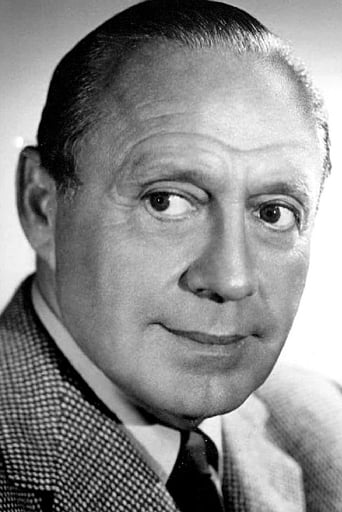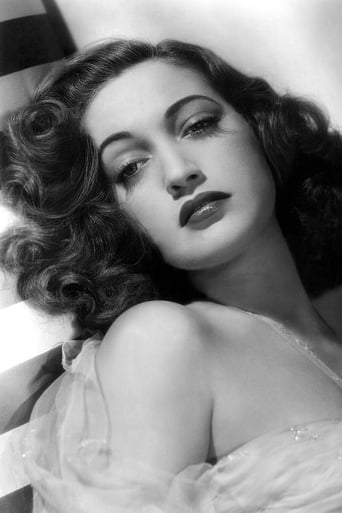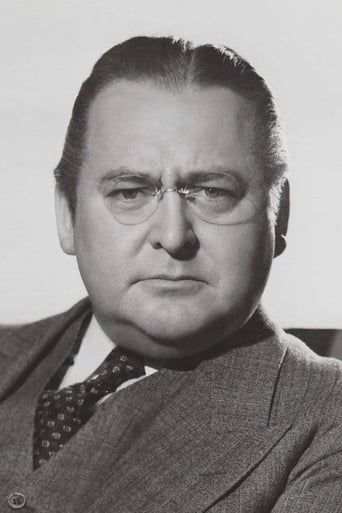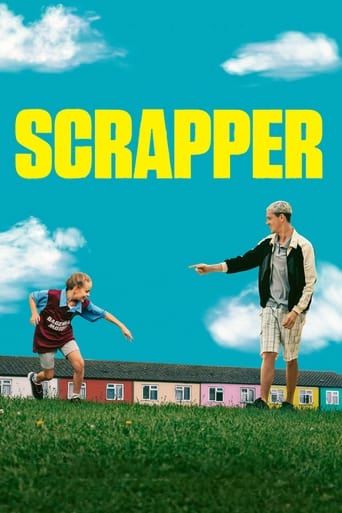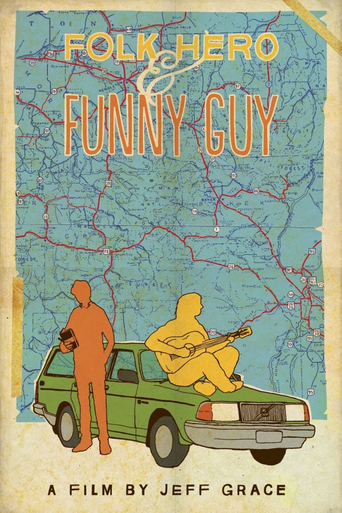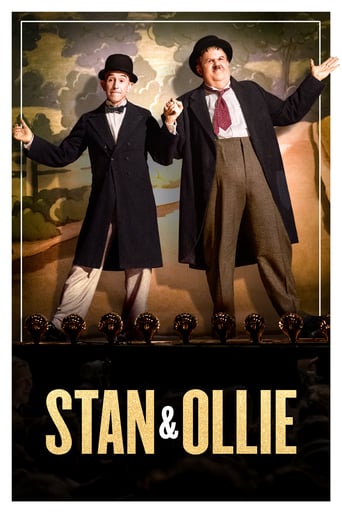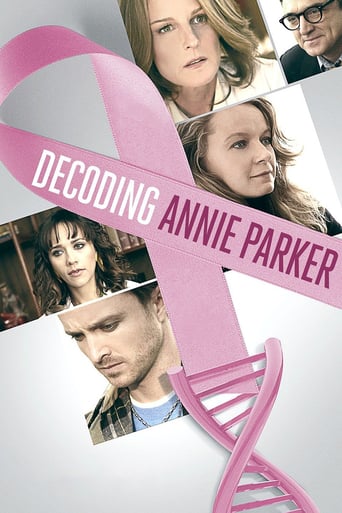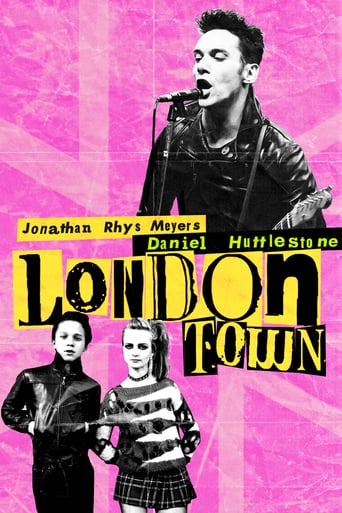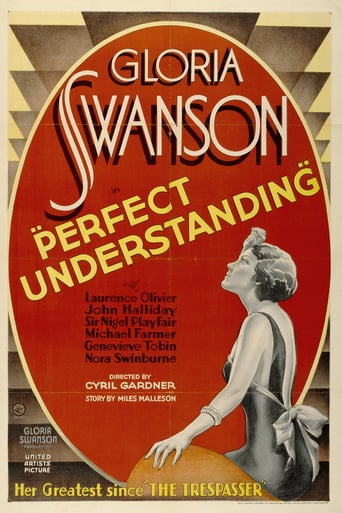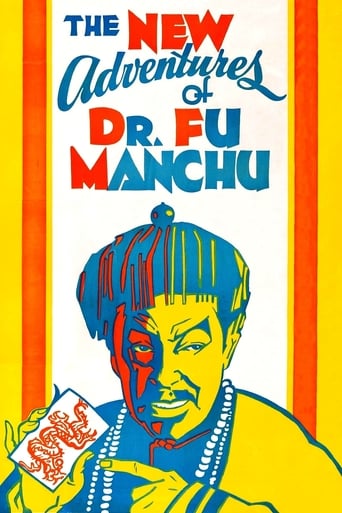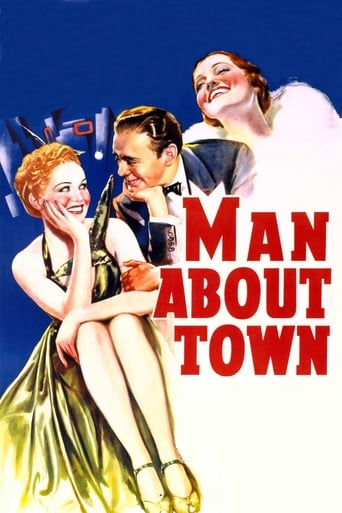
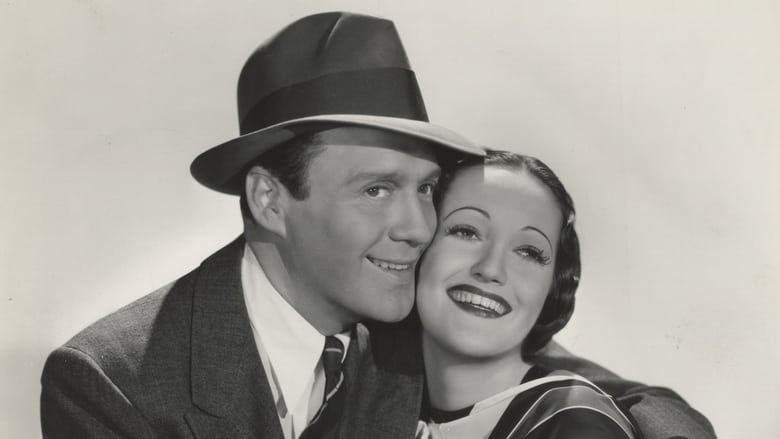
Man About Town (1939)
Producer Bob Temple, who's brought an American show to London, loves his star Diana, but she won't take him seriously as a lover. To show her, he picks up stranger Lady Arlington, whose financier husband neglects her. On a weekend at the Arlington country house, Bob is used by both Lady A. and her friend to make their husbands jealous; this works all too well, and Bob is in danger from both husbands.
Watch Trailer
Cast


Similar titles
Reviews
Wow! Such a good movie.
Very very predictable, including the post credit scene !!!
Very Cool!!!
A film with more than the usual spoiler issues. Talking about it in any detail feels akin to handing you a gift-wrapped present and saying, "I hope you like it -- It's a thriller about a diabolical secret experiment."
An old vaudeville gag has a wife hiding her lover in her closet as her husband comes home unexpectedly, and when he goes to the closet, the lover claims he's waiting for a streetcar as one arrives in the nick of time. This is nothing more than an almost plotless musical comedy about an American theatrical producer (Jack Benny) in London who accepts the invitation of a neglected wife (Binnie Barnes) to come to her country estate for the weekend to make her husband (Edward Arnold) jealous. He's already upset because the musical comedy star he's in love with (Dorothy Lamour) loves somebody else (Phil Harris). Then there's "Rochester", aka Eddie Anderson, Benny's wise-cracking but loyal valet who gives Mr. Benny as good as it takes. Toss in Betty Grable in a pointless role as a chorus girl and you've got the ingredients for a comical pie where sadly the fruit has been left out.Some lavish production numbers are interspersed, but other than the luxurious art decco look, they are not really all that memorable. The best scenes of course involve Benny and Rochester's interactions, especially a huge meal where the dateless Benny refuses to allow Rochester to partake of it until he is dumped by Lamour and turned down by Grable and her chorus girl friends who would rather spend an evening with their Aunt Tilly than with Jack. The rapporteur between Benny and Robinson might often seem subservient from Rochester's point of view, but it becomes very clear that Benny would be absolutely lost without him and that Rochester is greatly aware of that. Isabel Jeans ("Gigi") and Monty Woolley ("The Man Who Came to Dinner") have inconsequential supporting parts as members of Barnes' and Arnold's social set, with Jeans very comical in her over the top French accent as the instigator of Barnes' deception. Barnes is urbane and sophisticated, and Arnold his usually gregarious self, very funny in a scene where Barnes brags about her lunch with Benny as he basically responds, "That's nice, dear". Of course, when all becomes clear to him, it's a different story, and Arnold spends much of the rest of the film trying to shoot Benny for messing with his wife. Unlike other comics of the time, it appears to me that Benny simply tried to repeat the success of what he was doing on radio, not really thinking that audiences at the movies wanted something more solid than gags and a couple of decent songs. It isn't bad, but I wouldn't call Benny a threat at Paramount to anything his good friend Bob Hope had been doing already.
Copyright 7 July 1939 by Paramount Pictures, Inc. New York opening at the Paramount: 28 June 1939. U.S. release: 7 July 1939. Australian release: 30 September 1939. Sydney opening at the Prince Edward (as the top half of a double bill with Robert Florey's "B", The Magnificent Fraud) where the movie failed so miserably it was replaced in the middle of its third week by Death of a Champion. 9 reels. 85 minutes.SYNOPSIS: An American producer is in love with the leading lady of the show he is staging in London. Unfortunately, his love is not reciprocated. He decides to make her jealous by romancing other women.COMMENT: Lavishly produced, beautifully mounted musical displaying the superlative ability of comedians Jack Benny (who is in every scene of the movie but one) and Rochester to overcome the restraints of an indifferent, old-hat plot cooked up by Morrie Ryskind (a gag-writer for the Marx Brothers). Benny and Anderson manage to keep the fur flying magnificently right through a series of long, long openings until the first musical number finally comes along. It's the most tuneful in the movie, "That Sentimental Sandwich", and nicely rendered by Lamour with a bit of skilful assistance from Harris and Rochester. Those deservedly popular crowd-pleasers Monty Woolley, Edward Arnold and Binnie Barnes (and E.E. Clive) then come on to bolster the comic endeavors of our heroes until the next stand-out interlude, "Fidgety Joe", somewhat tepidly sung by Betty Grable (also with a bit of strong assistance from the omnipresent Phil Harris) and most vibrantly danced by the delightfully gifted Rochester.The Merriel Abbott Dancers are wisely saved for a spectacular musical climax where they disport themselves in colorful costumes through the melodic "Strange Enchantment" (sung by Lamour), whilst Rochester shuffles up a storm in another standing-ovation solo spot. The pin-wheeling Merriel Abbotts then return for "Bluebirds in the Moonlight", whilst Benny encores with the Pina acrobats in a tangled routine of mishaps which Danny Kaye later reprised in Knock on Wood.Although just about everyone hated it, I found this entry a delightful show, featuring great stars and some great support players including Cecil Kellaway and Charles Coleman, directed with panache by Mark Sandrich and lustrously photographed by that master of black-and-white texture, Ted Tetzlaff. In my opinion, the Paramount gloss was never finer. And the Edith Head costumes are wonderfully slinky. Lamour never looked more glamorous.
I have always been a big fan of Jack Benny.I was looking forward to watching this film but what a letdown.It was desperately unfunny.There was absolutely no chemistry between him and his co stars.The musical numbers were poor and badly staged.The plot seemed to be a feeble rip off of A Damsel In Distress.Who thought that Edward Arnold was suitable casting as an English aristocrat?Jack Benny was very good in situation comedy but not really at physical comedy.The acrobat sequence is an embarrassment.Lamour is lacking any spark,maybe she was at her best in a sarong.The whole mess limps along to an ending that makes no sense at all.So as has been said elsewhere this makes "The Horn Blows at midnight"seem like a minor classic.
This is among the worst films ever made by Paramount. It's supposed to be a comedy/musical. But there are no laughs (not even a smile), and the music and the musical numbers are fourth rate. Viewers old enough to have enjoyed the Jack Benny shows on radio and television will find this 1939 movie a great disappointment.There seems to have been a severe lack of intelligence throughout. The script is inept, Rochester is featured far beyond his talents, Dorothy Lamour and Betty Grable are wasted, and Edward Arnold and Monty Woolley were given embarrassing parts. The racial jabs at Rochester are extraordinarily offensive.So, The Horn Blows at Midnight was not Jack Benny's worst film.


